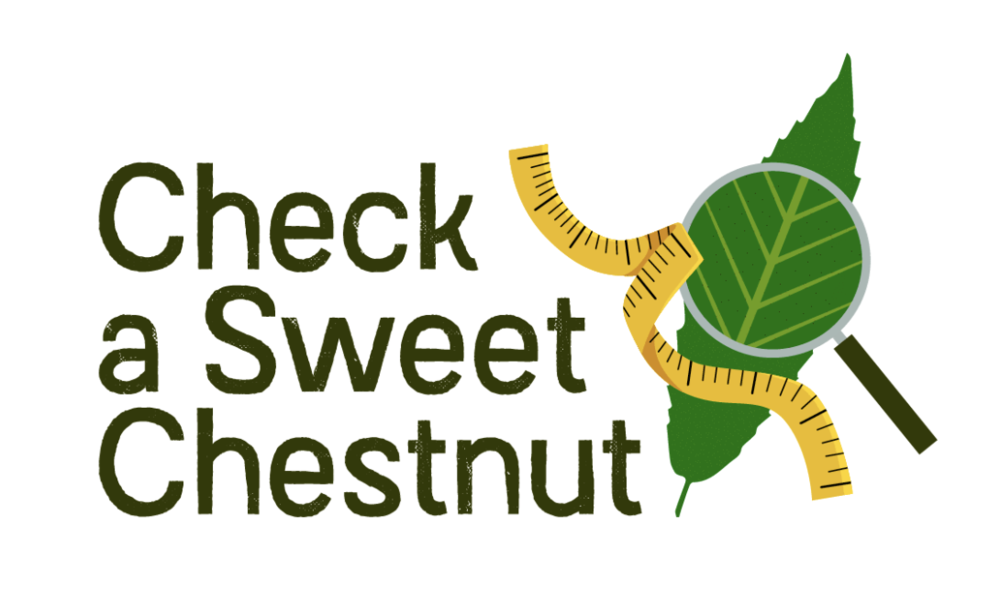holistic management of emerging forest pests and diseases
New citizen science project empowers people interested in protecting trees in the UK
 As part of HOMED’s work concerned with prevention and detection of emerging tree pests and diseases, the Royal Horticultural Society and Coventry University have developed a new citizen science project called 'Check a Sweet Chestnut'. Its goal is to empower citizens in the UK to identify and record local sweet chestnut trees, as well as inspect their leaves for signs of the invasive pest Oriental Chestnut Gall Wasp, and report it to the plant health authorities.
As part of HOMED’s work concerned with prevention and detection of emerging tree pests and diseases, the Royal Horticultural Society and Coventry University have developed a new citizen science project called 'Check a Sweet Chestnut'. Its goal is to empower citizens in the UK to identify and record local sweet chestnut trees, as well as inspect their leaves for signs of the invasive pest Oriental Chestnut Gall Wasp, and report it to the plant health authorities.
To date, the ‘Check a Sweet Chestnut’ project has more than 100 registered volunteers from 37 counties throughout England, Scotland, Wales, and Northern Ireland. They are actively recording sweet chestnut tree locations and looking for galls, made by the Oriental Chestnut Gall Wasp. Inspecting trees is completely safe for the volunteers because the gall wasp does not sting and poses no threat to human health.
The citizens participating in 'Check a Sweet Chestnut' provide plant health authorities with valuable data as to where sweet chestnut trees are growing and how they are impacted by the gall wasp in the UK. The project also provides useful insights into whether citizen science and smartphone applications or online reporting tools can assist with detecting tree pests and diseases and monitoring tree health in the future. Additionally, walking in nature and participating in a communal project also provides benefits to the participants themselves, who will be able to feel like a tree health citizen scientist, contributing to HOMED.
If you are interested in recording your local sweet chestnut trees, visit the project’s website here to find out how to get involved.